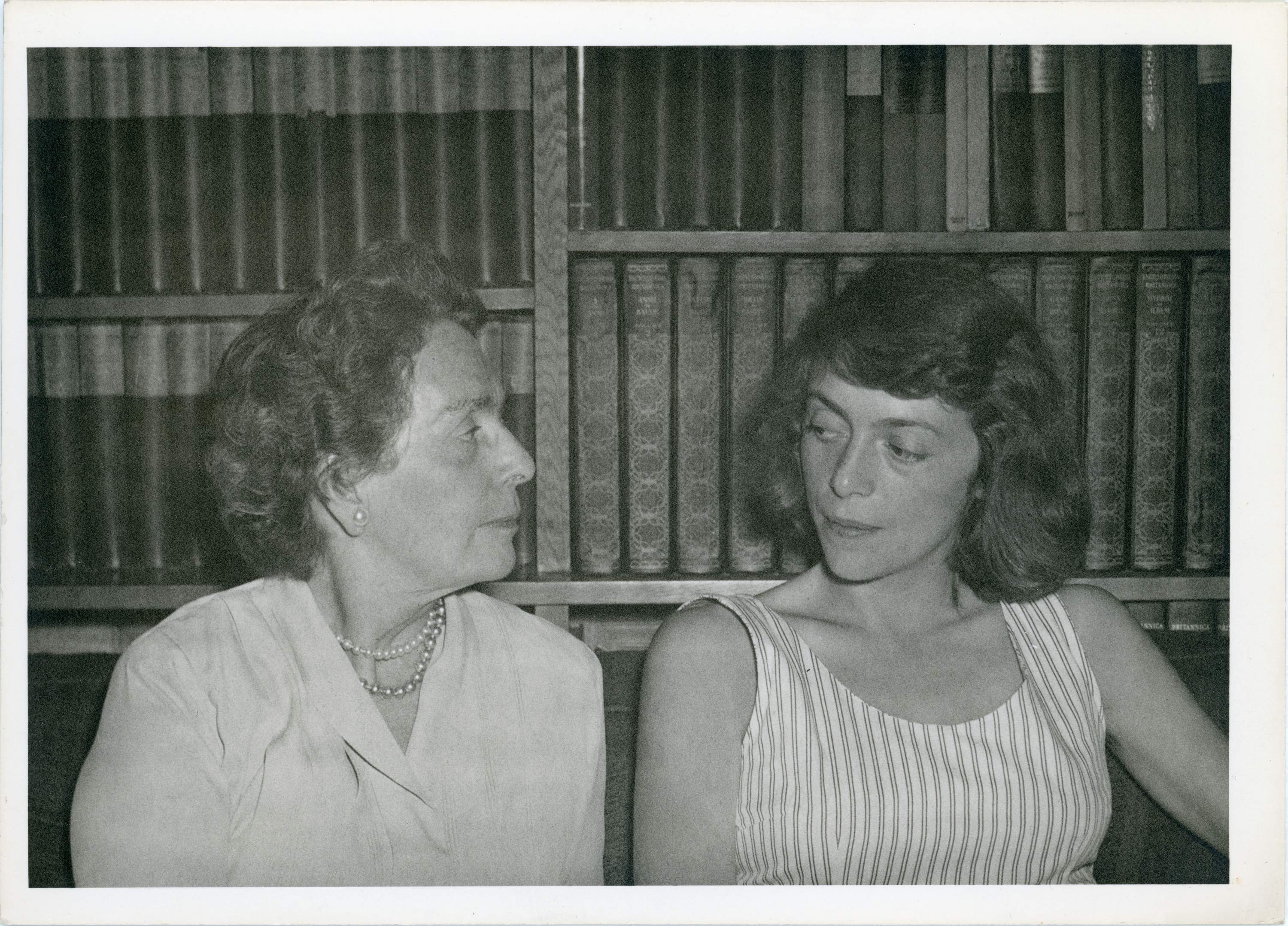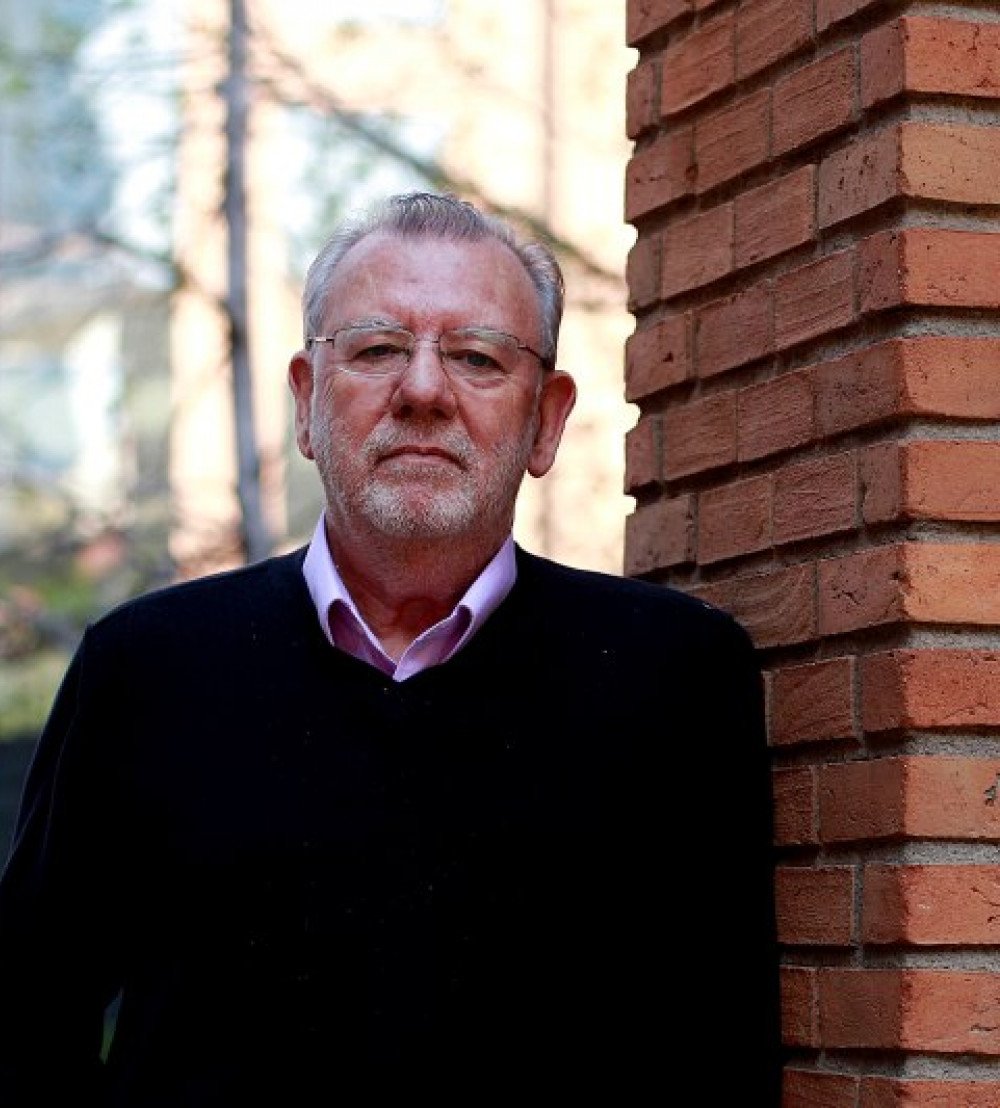Hace unos días se me rompió el móvil. Iba saliendo de casa y al darme cuenta de que salía sin podcasts y sin las otras muchas distracciones, hice un rápida inspección por mi habitación en búsqueda de un librito que no pesara mucho para el metro, y allí estaba "Olives", de A. E. Stallings, que había sacado hacía varios meses de la biblioteca y, como muchos otros, duermen entre otros libros, espejos de aspiraciones y promesas.
Pues bendito el día que se rompió el móvil porque este es quizá uno de los mejores libros que he leído en mi vida. Se lo he contado a una amiga y me ha dicho que me ha escuchado decir lo mismo en muchas ocasiones, que ya basta. Así que aquí lo dejo, animando al lector a que pruebe por sí mismo estas exquisitas olivas mediterráneas.
POP MUSIC
for a new parent
The music that your son will listen to
To drive you mad
Has yet to be invented. Be assured,
However, it is approaching from afar
Like the light of some Chaldean star.
On what new instruments of torture, through
What waves, lasers, wires, telepathy,
The same banalities will play
Systolic and diastolic as before,
It’s hard to say,
As for the lyrics, or the lack thereof,
About love or about the lack of love,
Despite the heart’s reputed amputation,
They will be as repetitive as sex
Without the imagination,
The singers will appall you, yes,
With their outlandish dress or lack of dress
Or excess hair or lack of hair, tattoos,
All aspects of their hygiene, because they remind you that he spends
Too many hours with hooligans called friends,
And while you knit another ugly sweater,
The pulsars of the brave new tunes will boom
From the hormonal miasma of his room,
Or maybe they’ll just beam into his brain—
Unheard melodies are better.
Thus it has always been. Maybe that’s why
The sappy retro soundtrack of your youth
Ambushes you sometimes in a café
At this almost-safe distance, and you weep, or nearly weep
For all you knew of beauty, or of truth.







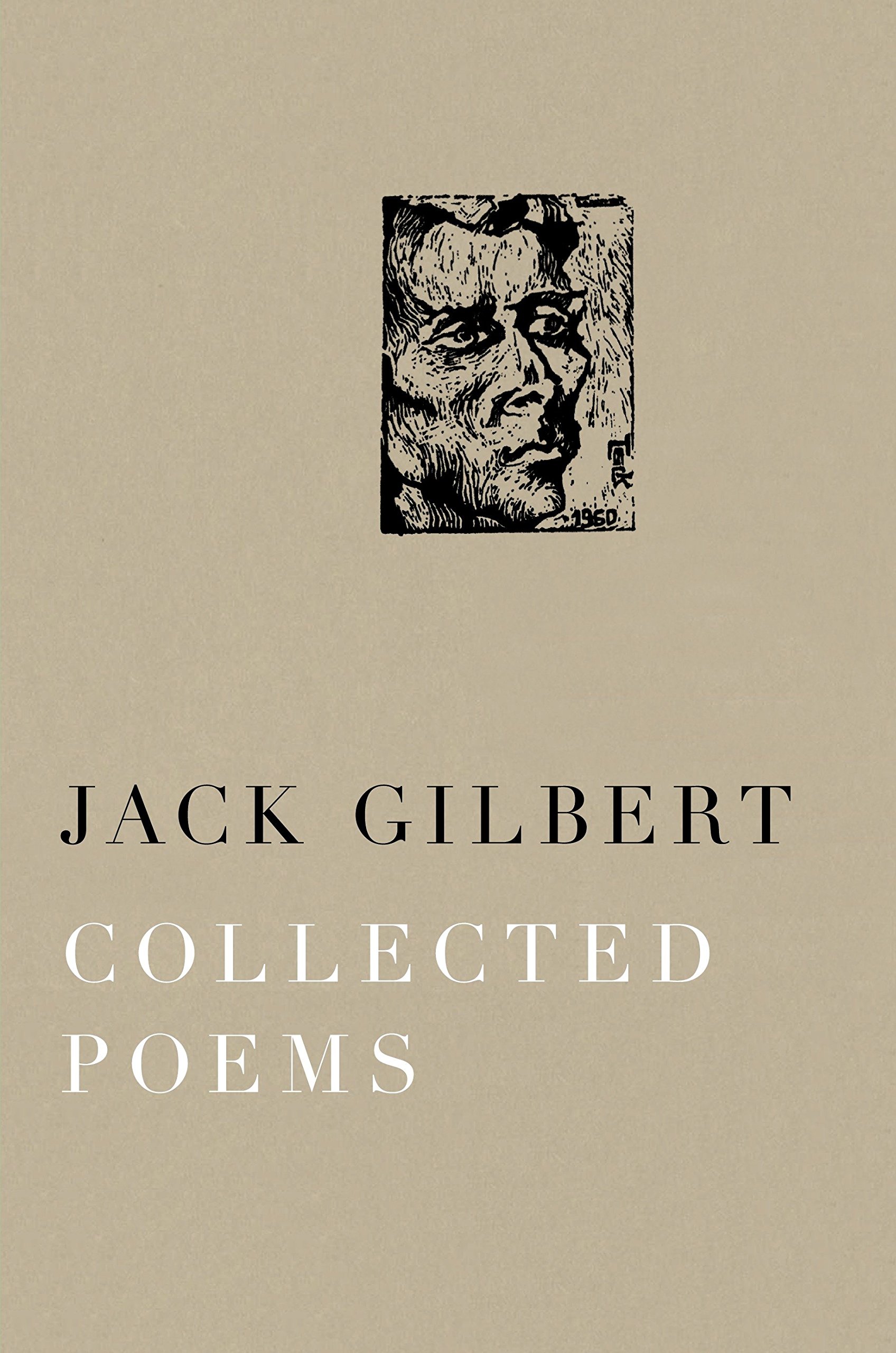
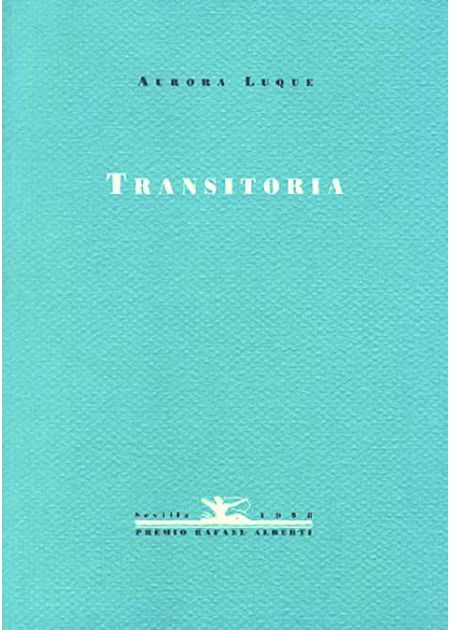
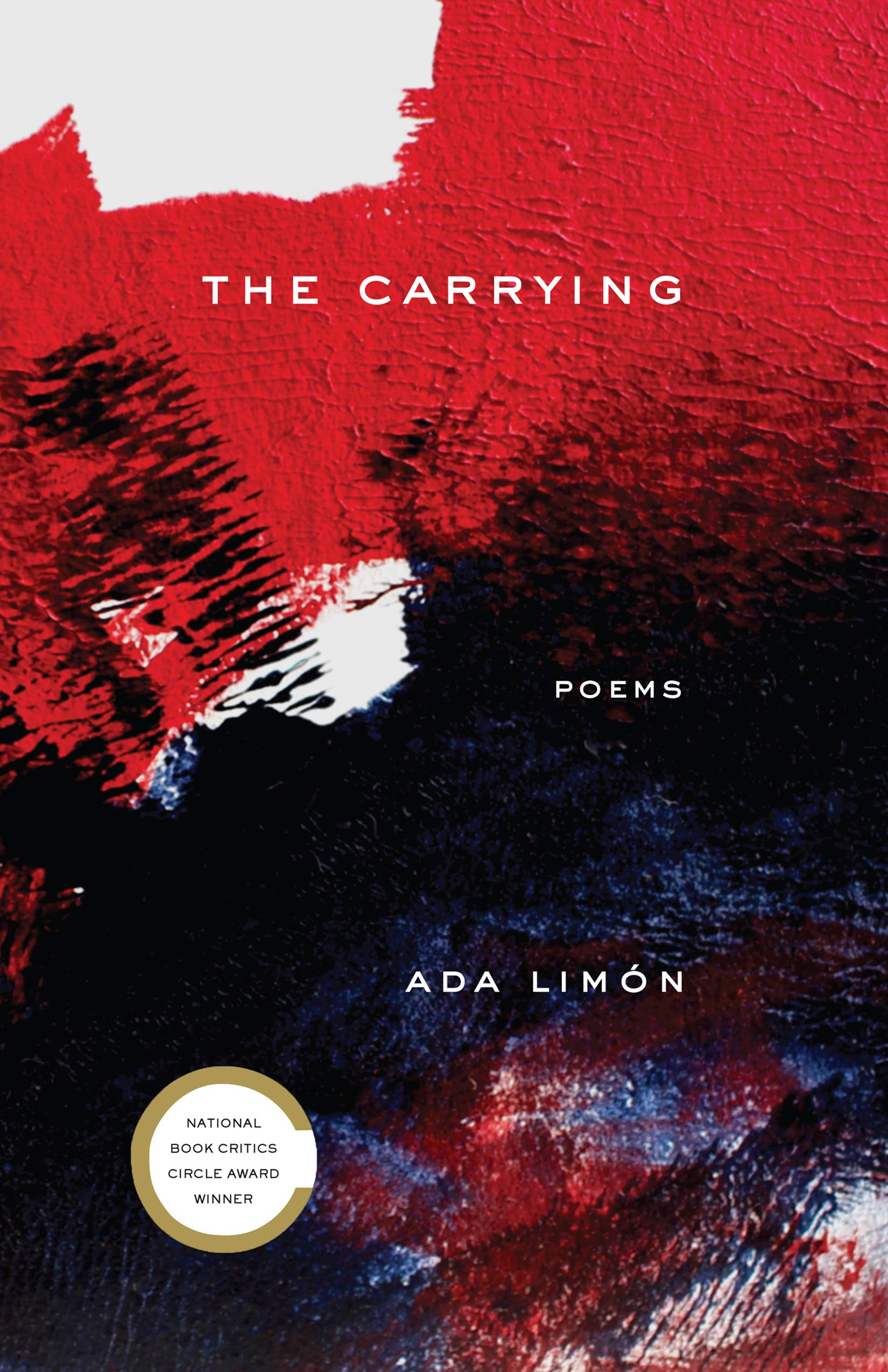
/cloudfront-eu-central-1.images.arcpublishing.com/prisa/6F32P3SIQRFJBLYXS4XDS3YRS4.jpg)

